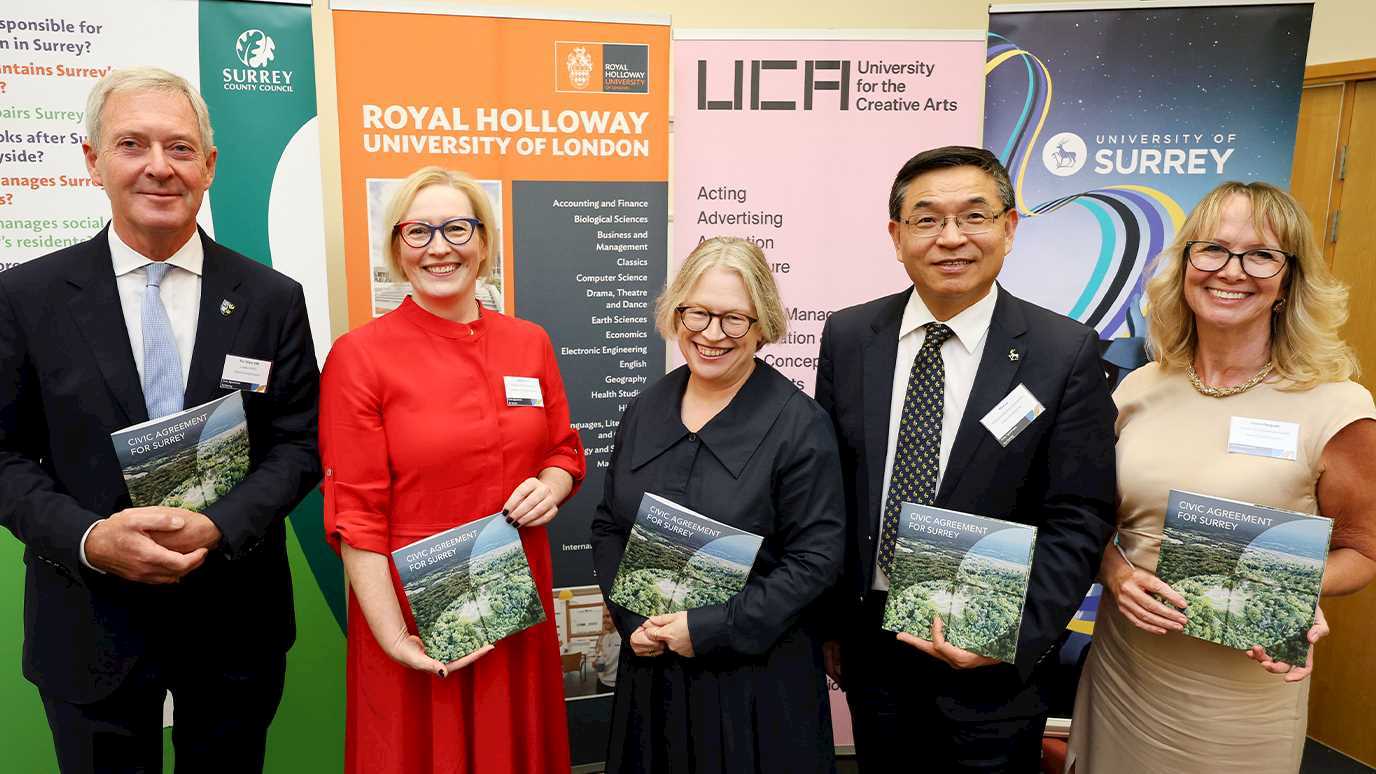Researchers from Royal Holloway, University of London, and Regent’s University London, studying the recent US Presidential Election, have found evidence to suggest that the “heart trumps the head” when it comes to changing people’s beliefs in politics.
Research published in the Journal of Experimental Psychology: General, suggests that people revise their political beliefs more if new information matches up with what they want.
Supporters of Donald Trump and supporters of Hillary Clinton read about nationwide polling results indicating who was most likely to win the 2016 US Presidential election. People were more likely to take on board the information if it lined up with who they wanted to win, even if they initially believed the other candidate was the one more likely to become President.

Information overload
“People are exposed to a bewildering array of information about politics,” said Ben Tappin, from the Department of Psychology at Royal Holloway. “How people integrate this information into their beliefs has important consequences. For instance, believing that vaccines have harmful side effects can reduce people’s intentions to vaccinate. We wanted to explore the key psychological factors which affect belief change in the political domain.”
“Our research supports what we already know; people change their political beliefs to a greater extent when new evidence lines up with something that they want to be true,” continued Ryan McKay, also from the Department of Psychology at Royal Holloway. “What we additionally showed is that this bias towards desirable evidence is separable from the bias towards evidence that confirms our prior beliefs.”
Going to the polls
Dr Leslie van der Leer, Lecturer in Psychology at Regent’s University London, added: “We asked 900 US residents whether they wanted Donald Trump or Hillary Clinton to win in the upcoming 2016 Presidential election, and we also asked who they thought was most likely to win.
“Crucially, this meant the participants fell into distinct groups; namely, those who wanted the same candidate that they believed would win, and those who wanted one candidate to win, while believing the other would win.
“We then presented the participants with evidence based on polling results, suggesting either that Trump or Clinton was the candidate most likely to win. The evidence changed people’s beliefs the most if the data lined up with the election outcome they wanted.”
Heart versus head
“What our data suggest,” said Ben Tappin, “is that confirmation bias– specifically, the phenomenon whereby people tend to integrate information more if it confirms what they already think is true – is separable from desirability bias, whereby people favor information they want to be true. In our study, the latter accounted for greater belief change.”
“Of course, in practice it is often desirable to confirm our prior beliefs,” said Ryan McKay, “but not always.” Leslie van der Leer added: “Previous research in this area has treated desirable and confirming information as one and the same. This project offered the perfect opportunity to tease the two apart.”
“More broadly,” continued McKay, “our results highlight a troubling mechanism which may explain some of the polarization seen in the US, Europe, and elsewhere. Most of us have strong preferences and desires on key policy issues; public polarization may stem, in part, from a focus on how our preferences differ from our fellow citizens’. Finding and occupying the common ground—focusing on outcomes we all desire—maybe one way to combat this polarisation.”
Read more about the research in the New York Times and find out more about the Department of Psychology.
























